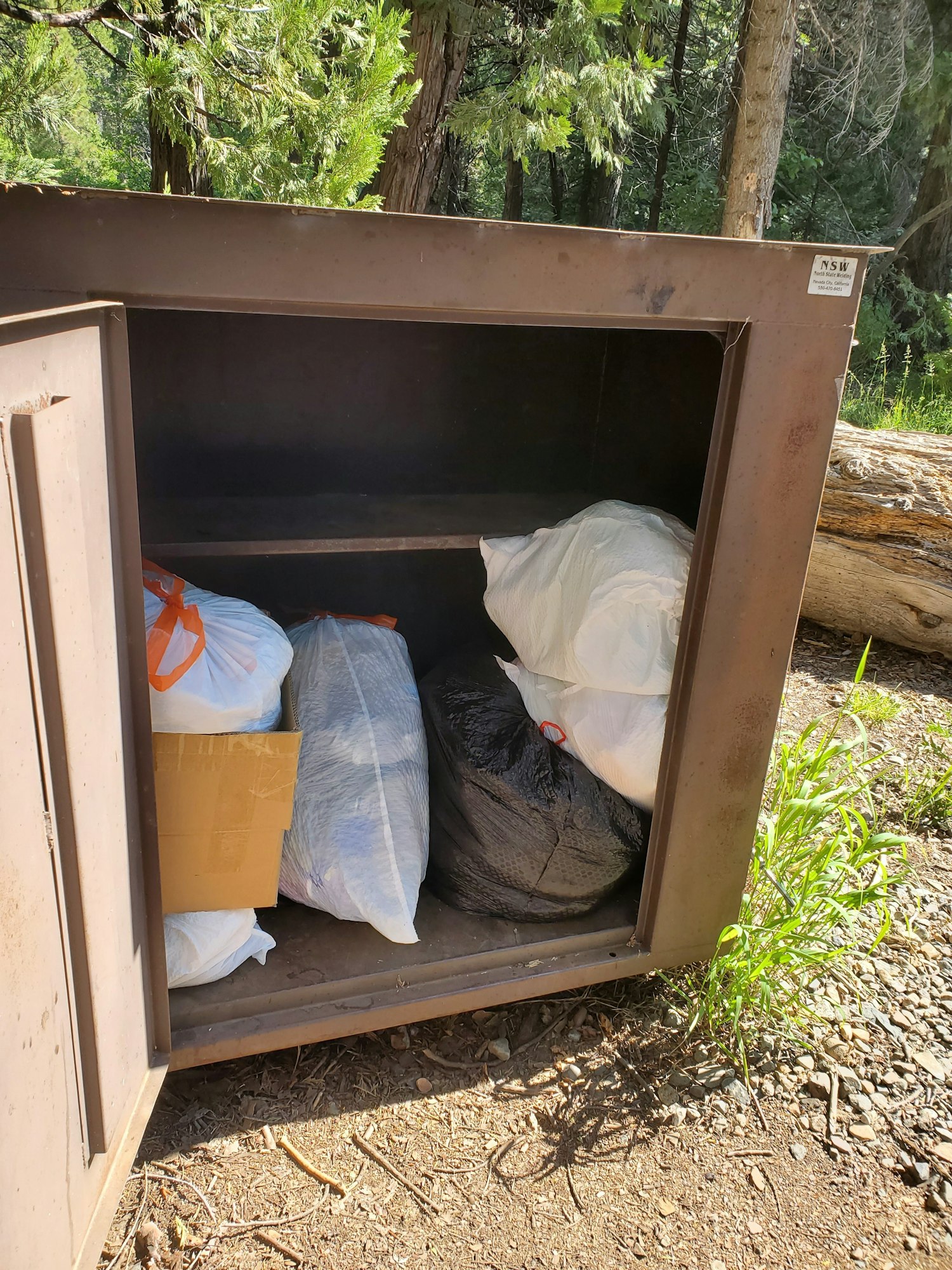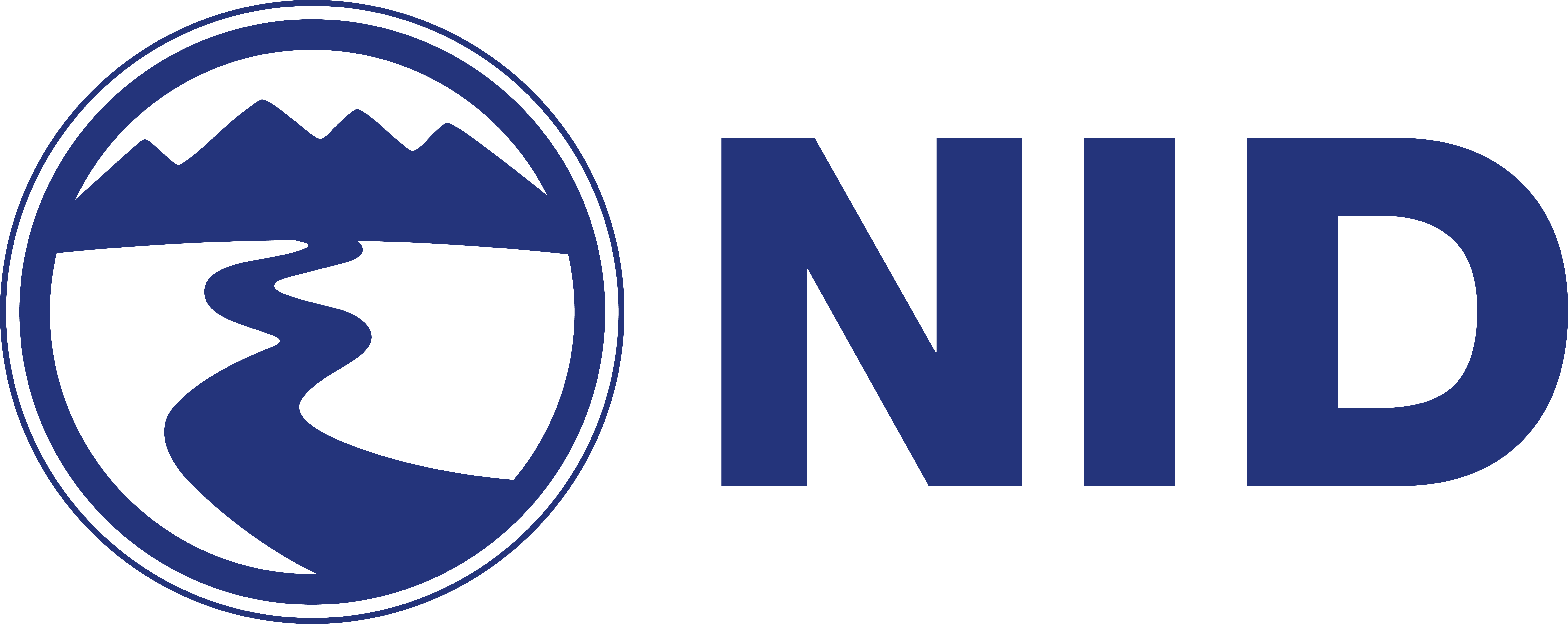Keep your campsite clean: pack it in, pack it out
Dispersed camping poses health and wildfire risks in local Sierra

(Grass Valley June 24, 2023) The message is clear: if you camp in a dispersed site around Bowman Lake in the Sierra Nevada, you have responsibilities. With summer underway, the amount of garbage and smoldering campfires are posing a serious threat to public health and creating a significant wildfire risk.
Dispersed camping is the term used for camping outside of an organized, hosted campground. This type of camping means no services, such as trash removal. Located throughout the Bowman area (Bowman Lake to Faucherie Campground), dispersed camping is available on a first-come, first-served basis.
The camping sites are on federal land, as well as around reservoirs owned and maintained by the Nevada Irrigation District (NID).
NID, has Recreation staff at its upper division reservoirs, who frequently find the garbage at the campsites, are sending a strong message to visitors: pack it in, pack it out.
“It’s sad and alarming what our crew routinely finds, especially after weekends. The bags of garbage, used toilet paper, and uneaten food are spread throughout the campsites,” said NID Director of Recreation Monica Reyes. “Most dangerous are the smoldering campfires left in fire rings. This is a public health and wildfire hazard.”
Because there are no janitors or regular patrols -- county, federal or NID -- around dispersed camping sites, visitors have added responsibility. Their actions have real consequences, good and especially bad.
The “pack it in, pack it out” mantra is important. The message is simple: whatever you bring in, you are responsible for bringing out.

Beyond the unsightliness of trash on the ground, leftover food is an attraction for bears. Once a wild animal gets used to the taste of human food, they are more likely to aggressively seek that food and be drawn to people so that they become a safety hazard.
Importantly, the natural environment and local communities depend on campers tending their campfires. Statistics show that more than 80 percent of wildfires are human-related. A fire that is not attended to can quickly start to burn out of control. Even ashes and embers can spark and start a fire. Embers can remain hot and dangerous up to 12 hours after a fire has been put out.
Also, on the grander scale, recreating around Bowman Lake is in the heart of the Sierra headwaters that provide the water most Californians use and drink. Healthy watersheds and forests are important to slow the rate of climate change. Keeping these watersheds safe and unpolluted are key to our future.
“Treat NID’s upper division, the source of our water, like the care you take in your own home. The actions you take have impacts,” Reyes said. “Here’s a call out to all who are planning to venture to remote reservoirs or dispersed camping. You absolutely must be mindful of your impact on the land. Think about the experiences of those around you or those who will be camping right after you. Most of all, consider the dangers you create and the harm you do,” Reyes said.
